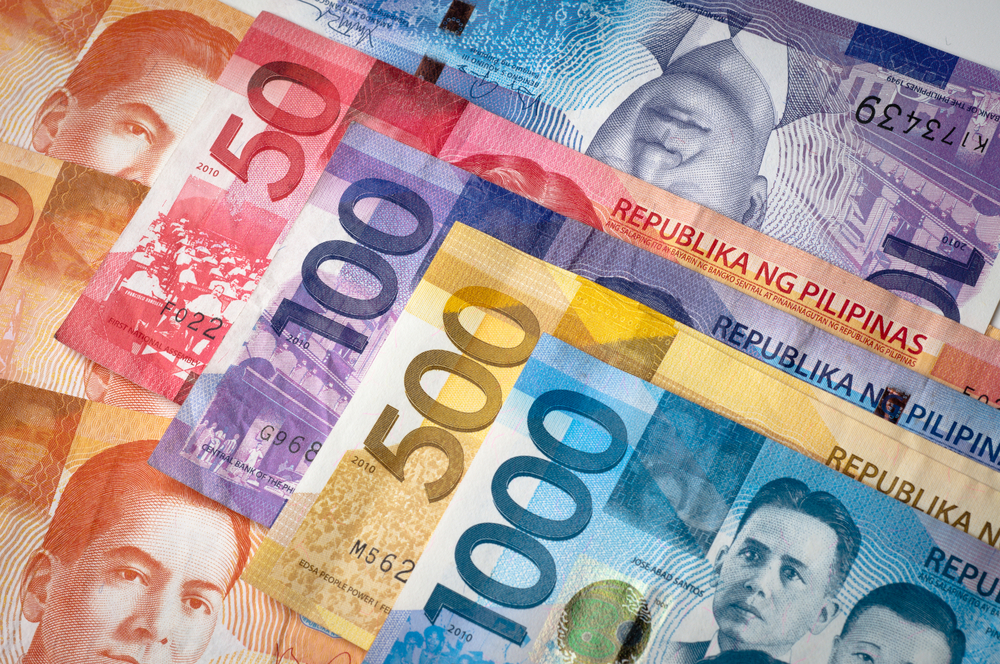
MANILA — The peso and the Philippine Stock Exchange index (PSEi) both improved Tuesday partly due to the signing into law of the 2020 national budget.
The local currency ended the day’s trade at 50.76 to a US dollar from its 50.93 close a day ago.
RCBC chief economist Michael Ricafort told PNA that news about President Rodrigo Duterte signing this year’s national budget is “an important positive lead/catalyst that could fundamentally lead to faster government spending especially on infrastructure.”
He cited as additional positive news the approval for the extended validity of some 2019 national budget items into this year, and the catch-up infrastructure spending.
Ricafort said these factors are positive for both the peso and the PSEi at least until the end of this week.
On external factors, he said global crude oil prices have started to stabilize from a seven-month high despite the US-Iran tension, while investors remain optimistic about the signing of the first phase of the US-China trade deal on January 15.
The latter, he said, “partly supported global market risk appetite since December 2019 as any further easing of the US-China trade war could improve global economic growth/outlook and global trade.”
For the day, the peso opened at 50.945, better than its 51.08 start in the previous day.
It traded between 50.98 and 50.71, resulting in an average of 50.841.
Volume totaled to USD1.63 billion, higher than the previous day’s USD1.58 billion.
Meanwhile, the PSEi improved by 0.55 percent, or 42.83 points, to 7,840.70 points.
All Shares rose 0.32 percent, or 15.02 points, to 4,648.35 points.
Half of the counters also ended on the positive territory, led by Holding Firms with 1.33 percent. Industrial rose 0.79 percent and Services by 0.32 percent.
On the other hand, Mining and Oil index fell 0.56 percent, Financials, 0.24 percent; and Property, 0.16 percent.
Volume reached 2.186 billion shares amounting to PHP6.5 billion.
Advancers led decliners at 94 to 85, while 64 shares were unchanged.